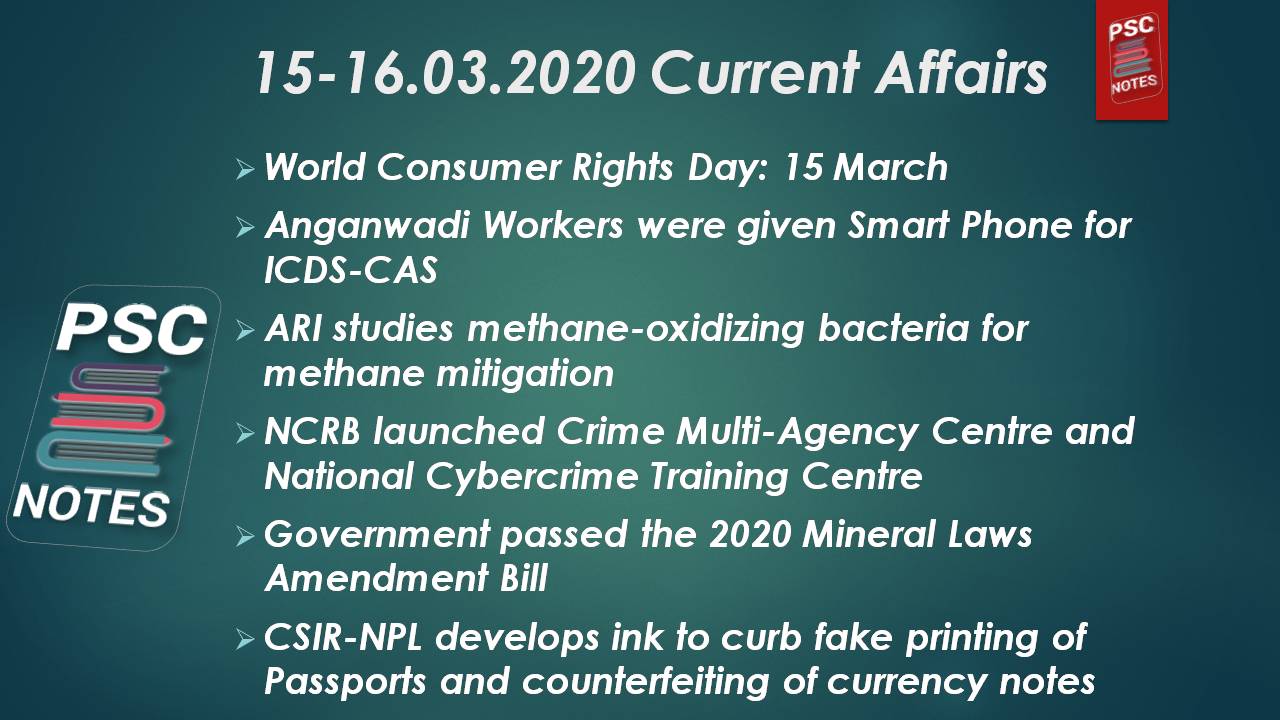BIHAR
All births, deaths not registered in Bihar: Study
Even
as the registration of birth is mandatory for the people aspiring to avail the benefits of almost all welfare schemes launched both by central and state governments, Bihar lags far behind in ensuring registration of vital elements under the civil registration system (CRS). Only 3/4th of the births and less than half of the deaths are being registered in the state, says a recent study made by Patna University’s Population Research Centre (PRC) in collaboration with UNICEF.
While the level of registration of births and deaths in the country stands at 84.9% and 79.6% respectively, it is only 73.7% and 37.1% respectively in Bihar, the study indicates.
The study suggests that for augmenting the process of registration, the monitoring role of the state, district and sub-district functionaries needs further strengthening with particular focus on quality of data collected and their use in decision making. Despite the fact that the state-wise targets for civil registration are set by the Registrar General of India, the targets set for the district and the sub-district level need to be worked out based on some scientific methodology. Aspects of migration, live births reported by the health management information system, etc may be taken into consideration, the study adds.
INTERNATIONAL
World Consumer Rights Day: 15 March
World Consumer Rights Day is celebrated on the 15th of March every year to raise global awareness about consumer rights and needs.
Celebrating the day is a chance to demand that the rights of all consumers are respected and protected and to protest against market abuses and social injustices which undermine those rights.
Government has taken various steps to protect the rights of the consumers and early redressal of their grievances.
Consumer Affairs Ministry in India is also running various consumer awareness programmes through Jaago Grahak Jaago.
- me: The Sustainable Consumer
NATIONAL
Anganwadi Workers were given Smart Phone for ICDS-CAS
Anganwadi Workers are provided with Smart Phone through States for Integrated Child Development Services (ICDS)-Common Application Software (CAS) developed under POSHAN Abhiyaan.
Smart Phone for Anganwadi Workers:
The aim of distributing Smart Phone will enable efficient service delivery and efficient monitoring.
POSHAN Abhiyaan aims to provide Smart Phone-based mobile Application to all Anganwadi Centres across 36 States/UTs.
As of 29 February 2020, more than 6.25 lakh Anganwadi Workers across 28 States/UTs are using the application for service delivery.
Due to the delay in the procurement of smartphones by the States, some states have not yet provided the smartphones to the Anganwadi Workers.
ARI studies methane-oxidizing bacteria for methane mitigation
Scientists at Agharkar Research Institute (ARI), Pune have isolated 45 different strains of methanotrophic bacteria. These bacteria have been found to be capable of reducing methane emissions from rice plants.
Methanotrophic bacteria metabolize and convert methane into carbon-di-oxide (CO2).
Methanotrophs can effectively reduce the emission of methane.
In rice fields, the bacteria are active near the roots or soil-water interfaces.
ARI Scientist has enriched, isolated, and cultivated the 45 different strains of methanotrophs and created the first indigenous methanotroph culture.
NCRB launched Crime Multi-Agency Centre and National Cybercrime Training Centre
National Crime Records Bureau (NCRB) launched Crime Multi-Agency Centre (Cri-MAC) and National Cybercrime Training Centre (NCTC) on 12 March during the celebration of its 35th Inception Day.
Medals were given to officers for meritorious service and other awards.
Cri-MAC was launched for sharing of information on crime and other issues related to inter-state coordination.
Also, NCTC was launched for professional quality e-Learning services on cybercrime investigation on a large scale to police officers, judges, prosecutors, and other stakeholders.
Government passed the 2020 Mineral Laws Amendment Bill
Parliament passed the Mineral Laws (Amendment) Bill, 2020, on 12 March. The Bill will replace the ordinance passed for the amendment of the Mines & Mineral (Development and Regulation) Act 1957 and the Coal Mines (Special Provisions) Act, 2015.
The Mineral Laws (Amendment) Bill will promote Ease of
Doing Business and take the coal & mining sector into a new level.The Bill aims to transform the mining sector in India and boost coal production and reducing dependence on imports.
As per the amendment, the companies which do not possess any prior coal mining experience in India and/or have mining experience in other minerals or in other countries can participate in an auction of coal/lignite blocks.
The law will increase participation in coal/lignite block auctions and facilitate the implementation of Foreign Direct Investment (FDI) policy in the coal sector.
It also allows prospecting licence-cum-mining lease (PL-cum-ML) for coal/lignite. It increases the availability of coal and lignite blocks, and varying grades of coal blocks in a wide geographical distribution will be available for allocation.
CSIR-NPL develops ink to curb fake printing of Passports and counterfeiting of currency notes
Council of Scientific & Industrial Research (CSIR)-National Physical Laboratory (NPL), along with the Academy of Scientific and Innovative Research, Ghaziabad has developed a bi-luminescent security ink.
The ink appears white in normal light. But the ink glows in red and green colours when illuminated by two different excitation sources at 254 nanometers (nm) and 365 nm, respectively.
